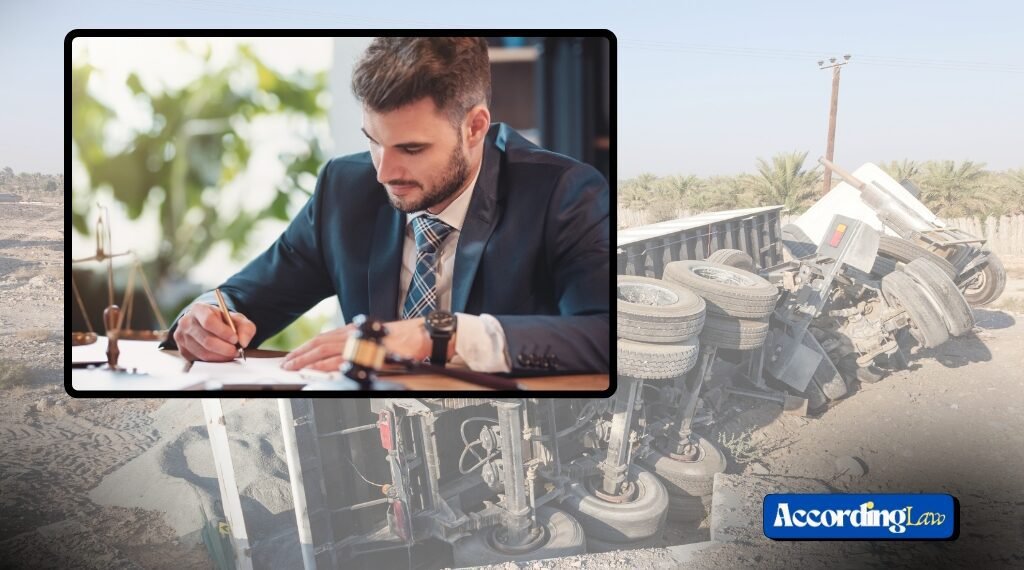A car accident can turn an ordinary day into a stressful and confusing experience. Between dealing with injuries, property damage, and insurance paperwork, it can be hard to know what to do first. Understanding the legal aspects after a car accident is essential to protect your rights and avoid common mistakes.
Every city has its own traffic laws and reporting procedures, and that includes specific regulations in Denver. Knowing how these rules work can make a difference in how smoothly your claim process goes. Let’s elaborate on what you should know to navigate the aftermath with confidence and clarity.
Table of Contents
Importance of Knowing Your Legal Rights
Accidents often leave victims unsure about what they can and cannot do. Many people assume that insurance companies will handle everything fairly, but that is not always the case. Knowing your rights helps you avoid being taken advantage of or pressured into accepting a low settlement.
Legal awareness gives you confidence to ask the right questions and seek the right help. It ensures you recognize when another driver’s negligence has caused your injury and how to prove it.
Steps to Take Immediately After an Accident
After a crash, move to safety and check for injuries. Call 911 right away. In Denver, accidents involving injury, death, or property damage over $1,000 must be reported to the police. The report they create will support your claim. Take photos of the vehicles, road conditions, and traffic signs.
Exchange contact and insurance details, but avoid discussing fault. If no officer responds, file an accident report with the Colorado Department of Revenue. Seek medical attention immediately to document any injuries. For more clarity on local reporting rules and next steps, search for FAQs about Denver car accident injuries to guide your decisions.
Understanding Fault and Liability
Determining who is at fault is one of the most important parts of a car accident claim. Fault decides who pays for the damages, including medical bills and vehicle repairs. Police reports, photos, and witness statements all play a role in identifying liability.
Liability can sometimes be shared between drivers. For example, if one driver ran a red light but the other was speeding, both may share part of the responsibility. The amount of compensation you receive may depend on how much of the fault is assigned to each party.
Role of Insurance and Dealing with Adjusters
Insurance is meant to help you recover after an accident, but the process can be complex. Adjusters often reach out quickly to gather information, but they work for the insurance company, not for you. Be careful about what you say and avoid giving recorded statements without proper guidance.
Keep a record of all communication and copies of medical bills, repair estimates, and correspondence. Read your policy carefully to understand what types of coverage apply to your situation. It helps you respond effectively if the insurance company delays payment or offers a lower amount than expected.
Seeking Medical Treatment and Proving Injury
Seeking medical treatment after a car accident is an essential step that protects both your health and your legal rights. It’s a key step in protecting your legal rights. A doctor’s evaluation connects your injuries to the accident and provides documentation that supports your claim.
Even small aches or soreness should be reported and examined. Some injuries, such as concussions or internal bruising, may appear days later. Consistent medical visits show that you are taking your recovery seriously and help establish a clear timeline of your condition.
Legal Representation and When to Consult an Attorney
After an accident, many people try to handle the claim process alone. While some cases can be managed without legal help, complex situations often require professional guidance. Consulting a personal injury attorney ensures that your rights are fully protected and that you understand the value of your case.
An attorney can review the evidence, communicate with insurance companies, and negotiate a fair settlement on your behalf. Legal professionals are also familiar with the strategies insurers use to reduce payouts. Having representation helps you avoid common mistakes, such as accepting an early offer that doesn’t cover long-term medical needs.
Dealing with the aftermath of a car accident can feel overwhelming, but knowing your rights gives you control over the process. Each step you take, from getting medical care to collecting evidence and consulting an attorney, builds the foundation for a stronger claim.
A car accident can leave anyone feeling unsettled and unsure about what comes next. Taking calm, organized steps helps you manage the process with greater confidence. Learn the rules, keep track of important documents, and seek professional guidance when needed. These actions create a strong foundation for recovery.
The legal system provides a path for those who have experienced harm to find resolution and support. Understanding how it works allows you to pursue fair treatment and proper compensation. Informed decisions and careful preparation help you move forward with clarity and peace of mind.


